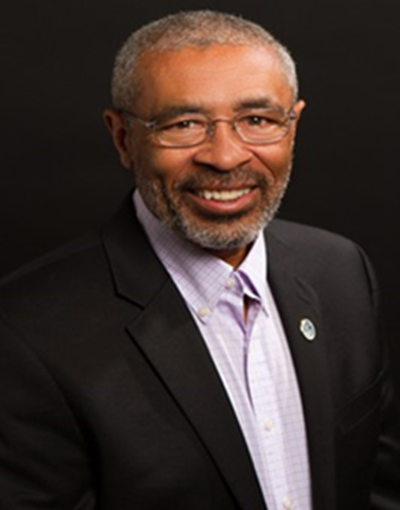The state of any community’s health and well-being is relative. Economic measurements provide a starting point when assessing either or both. For example, property values, average household income, access to good health care, student academic achievement and environmental amenities are measurable. Yet numbers can’t be trusted to tell the whole story.
I was 15 years “young” in 1964 when President Johnson declared his war on poverty. His war had a dual mission: to address racial discrimination and to boost states’ economy.
My home state of West Virginia was squarely in Johnson’s sights. Most members of my family and friends bristled at the inference that we were poor and needed help. President Johnson’s Council of Economic Advisers (CEA) set the poverty bar at $3,000 per year for a family of four. At the time, the CEA ranked West Virginia near the very bottom of the list of poorest states – with Louisiana coming in dead last. The joke going around back then was, “those ‘hillbillies’ are so poor that other countries in the world receiving aid from the US are sending it back to help West Virginians.” Few ‘hillbillies’ found that joke particularly funny.
Folks throughout West Virginia were just not willing to accept an outsider’s conclusion that we were impoverished. Yes, we fell below the poverty matrix, but we were not poor – especially compared to others like our big city friends and relatives. Unlike them, we owned our homes and land, we grew our food, harvested fish and wildlife from the nearby mountains and streams, and most importantly, we always had enough to share with those in need.
Our clothes weren’t new but they were clean. Few if any went to bed hungry. We cared for our neighbors and family members when they were sick or elderly. When it came time for them to die, they died in our homes. What we didn’t have monetarily we made up for in social equity and sheer grit. What we did best back then, which I still believe Black folks do better than most, is ‘find a way out of no way’.
Despite Johnson’s best efforts to end race discrimination and fix economic disparity, West Virginians remain measurably poor. To add insult-to-injury, their options are far fewer. Mining has declined but the toxic waste they produced is still in the rivers and in the bodies of miners. The nearby paper mill has been shuttered for a decade. Folks back home no longer live off the land. Public access has given way to housing developments and shopping malls. The building of dams has changed the quality of fishing.
Johnson’s failed War on Poverty gave way to Nixon’s 1971 failed War on Drugs. A recent October 2024 study showed that my home state now has the highest drug overdose death rate in the country, primarily driven by opioid-related deaths like fentanyl. My cousin lost her nineteen-year-old son to an overdose last summer.
For both good and bad reasons country folks have become city dwellers. We live in neighborhoods adjacent to boom and bust business districts and miles from what once sustained us. Although the economic poverty line is much higher than it was in 1964, so too is the cost of living and the cost of dying. Options are in short supply.
Spokane has gone through its fair share of economic struggles. Racial discrimination has not ended but Spokane has a lot going for it. It has hospitals, colleges and universities. Fairchild Air Force Base continues to contribute to our economy and to our racial and ethnic diversity. We also have an abundance of green space in the city (although not equally allocated) and a river. Ironically, Spokanites rallied around our natural abundance of green space to save us. A short 10 years after Johnson’s poverty war we hosted Expo ‘74. It added a much-needed boost to the beautification of our downtown. Social indicators of health and the wellness associated with green spaces are harder to measure than average household income. However, they are critical wellness indicators.
Like all wars, won or lost, there are valuable lessons we should learn. The war we are facing in 2025 will be against hopelessness and despair. We must not fall victim to either or both. It will be our commitment to one another, not our commitment to dollars and cents, that will get us through. Our future health and wellness as a people and as a community will depend on our social wins and losses. Hard times ahead will call us to do as we have always done, “find a way out of no way.”
Dr. Bartlett is a retired educator. He retired from Gonzaga University in 2007 and Eastern Washington University in 2020.
